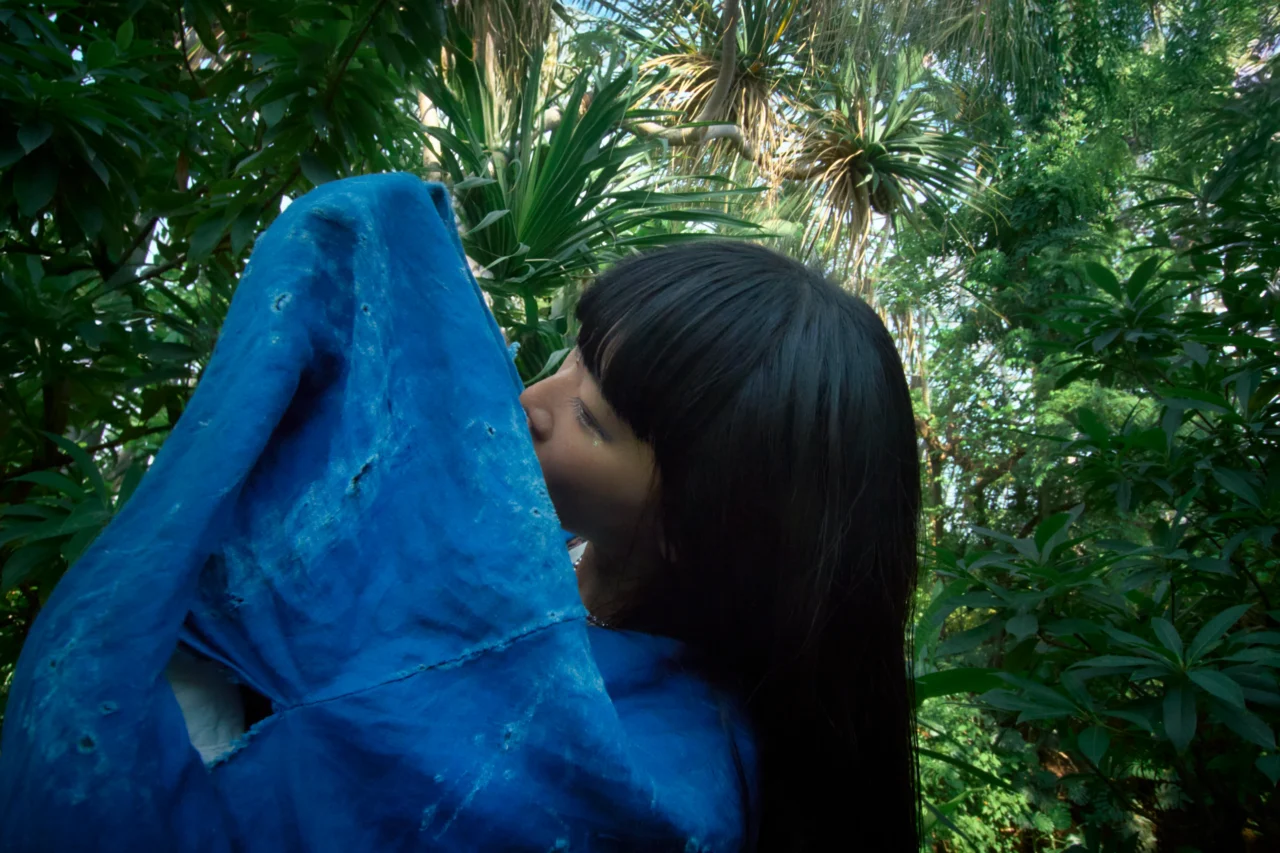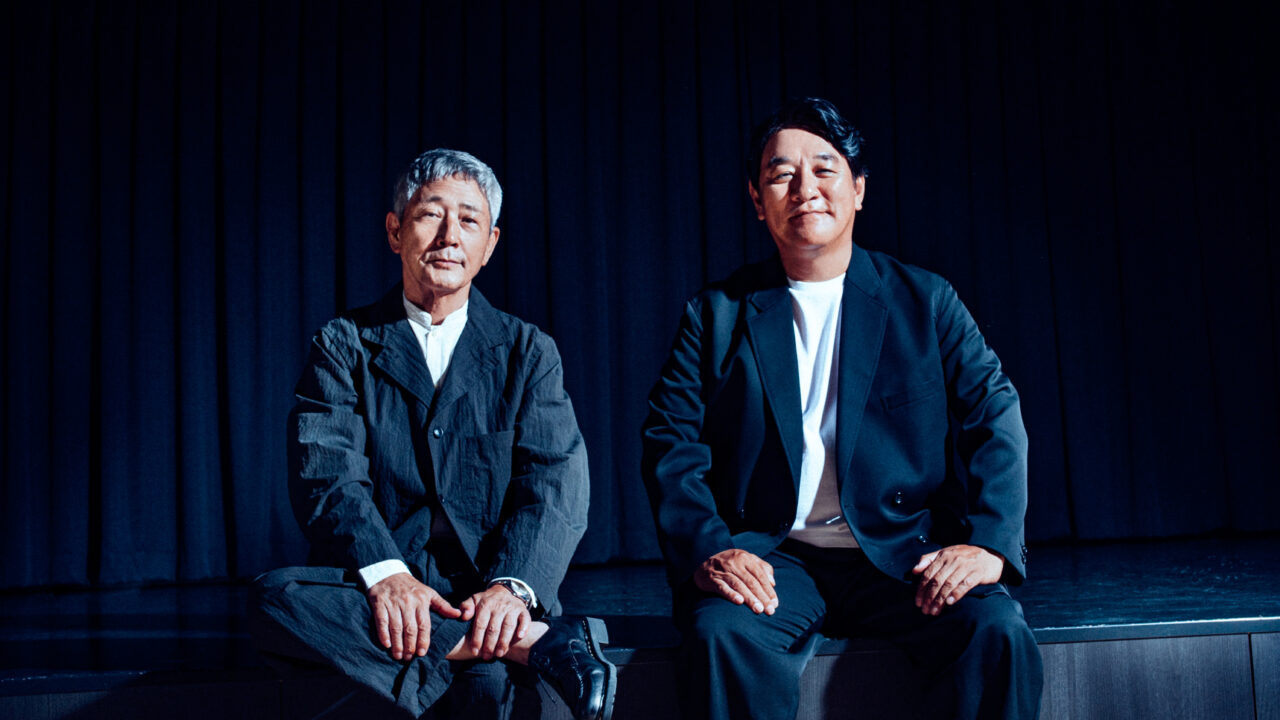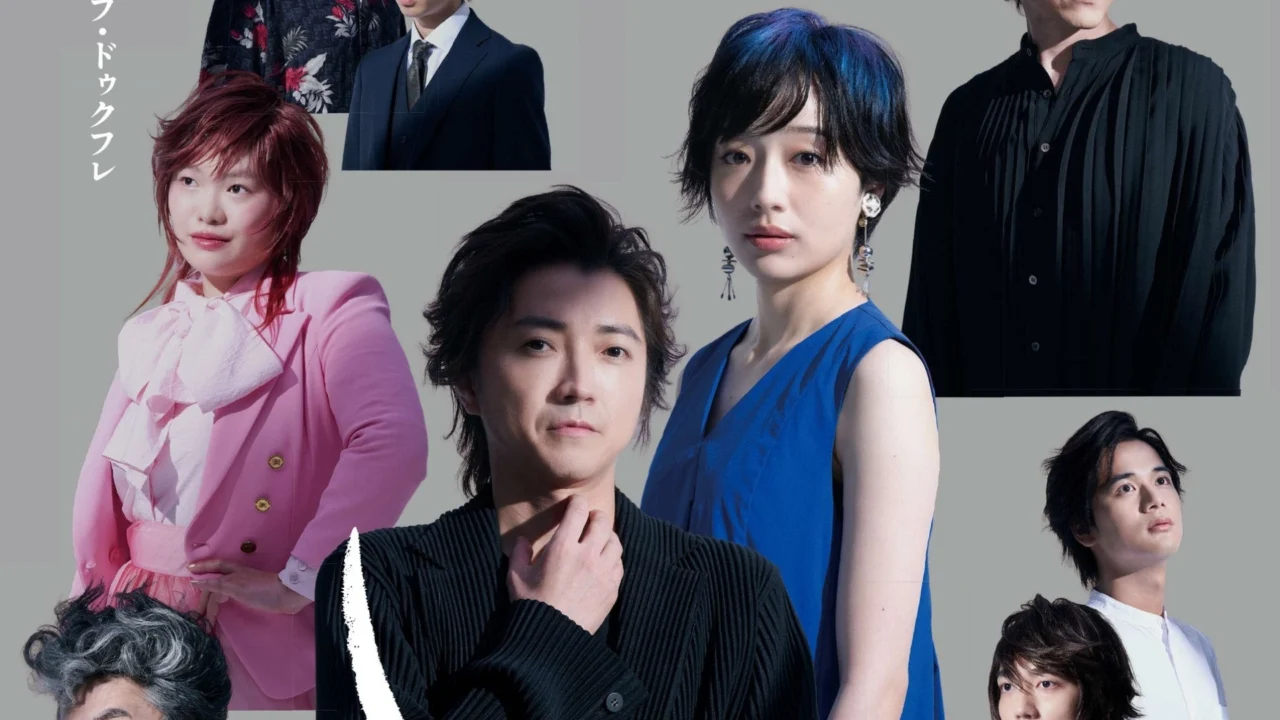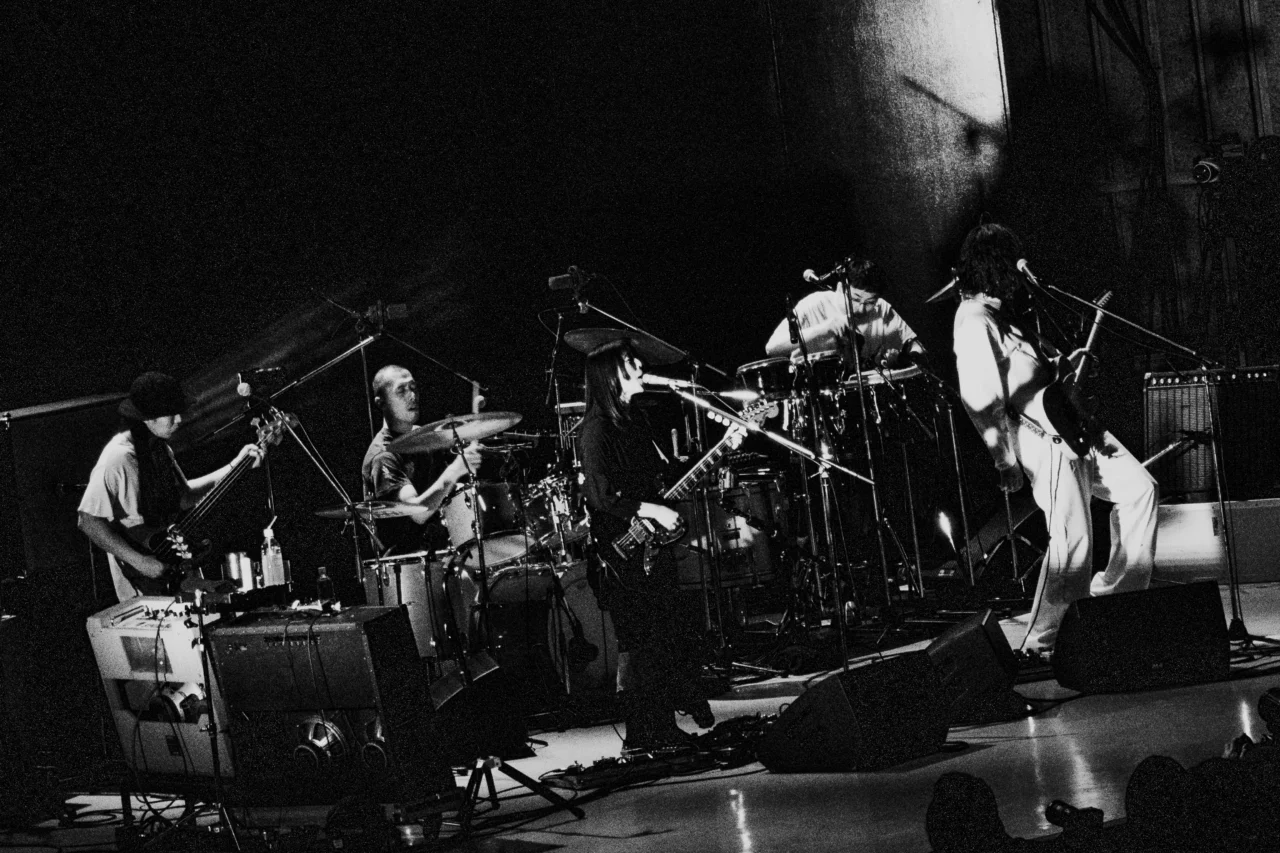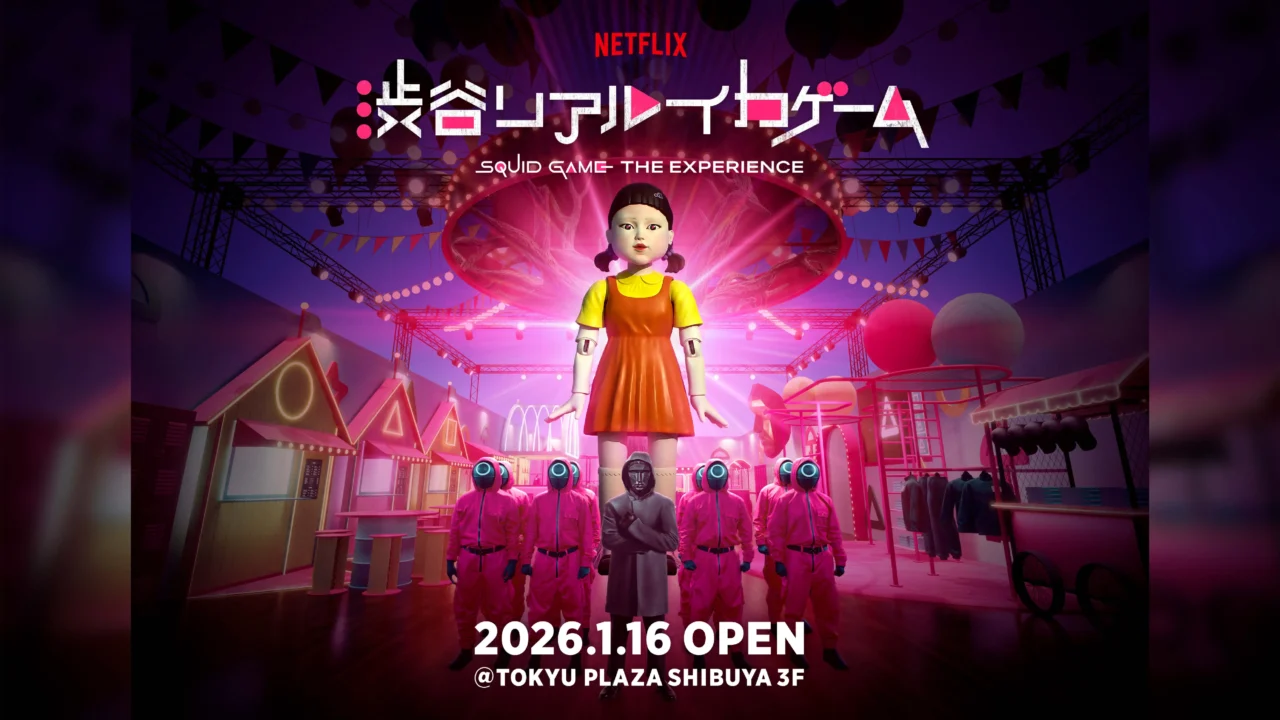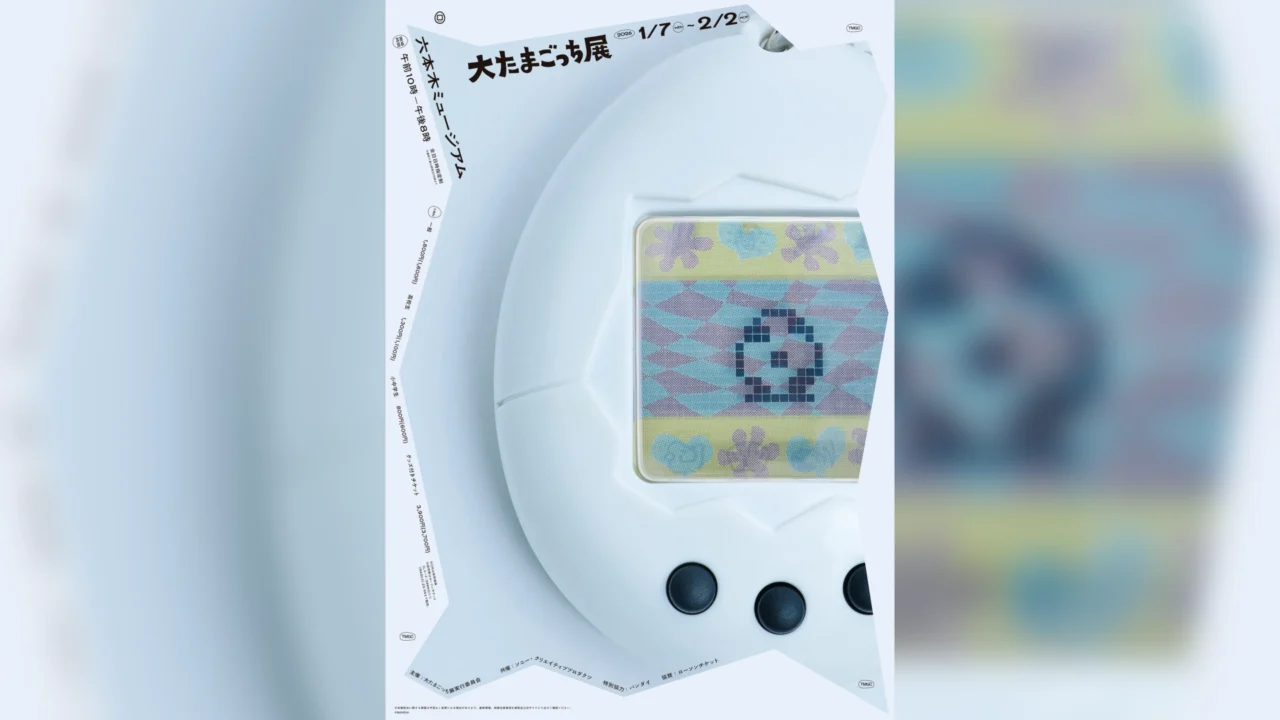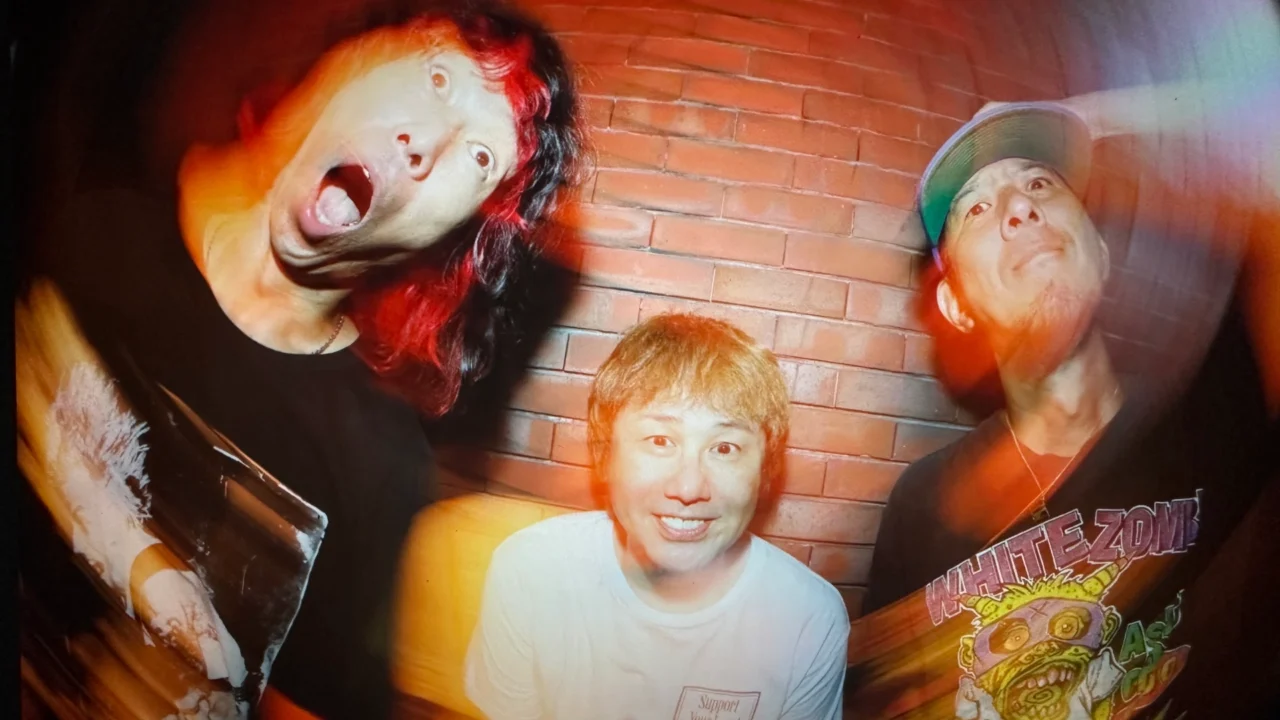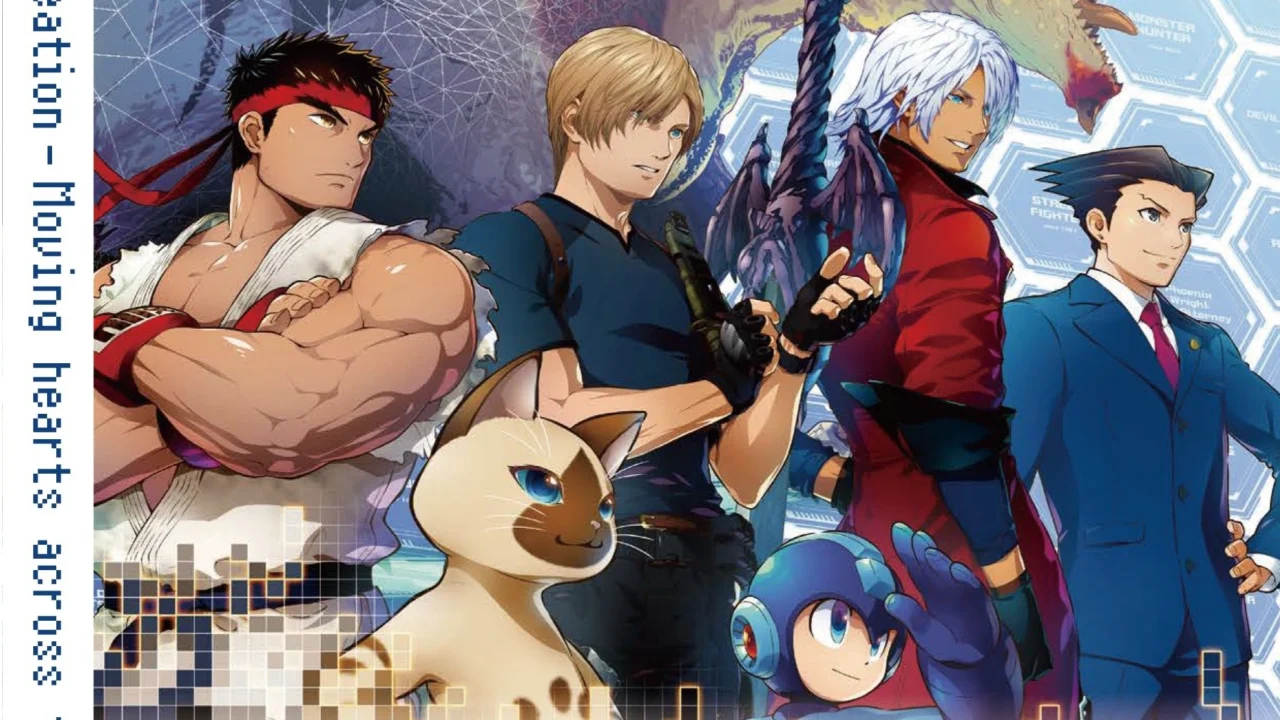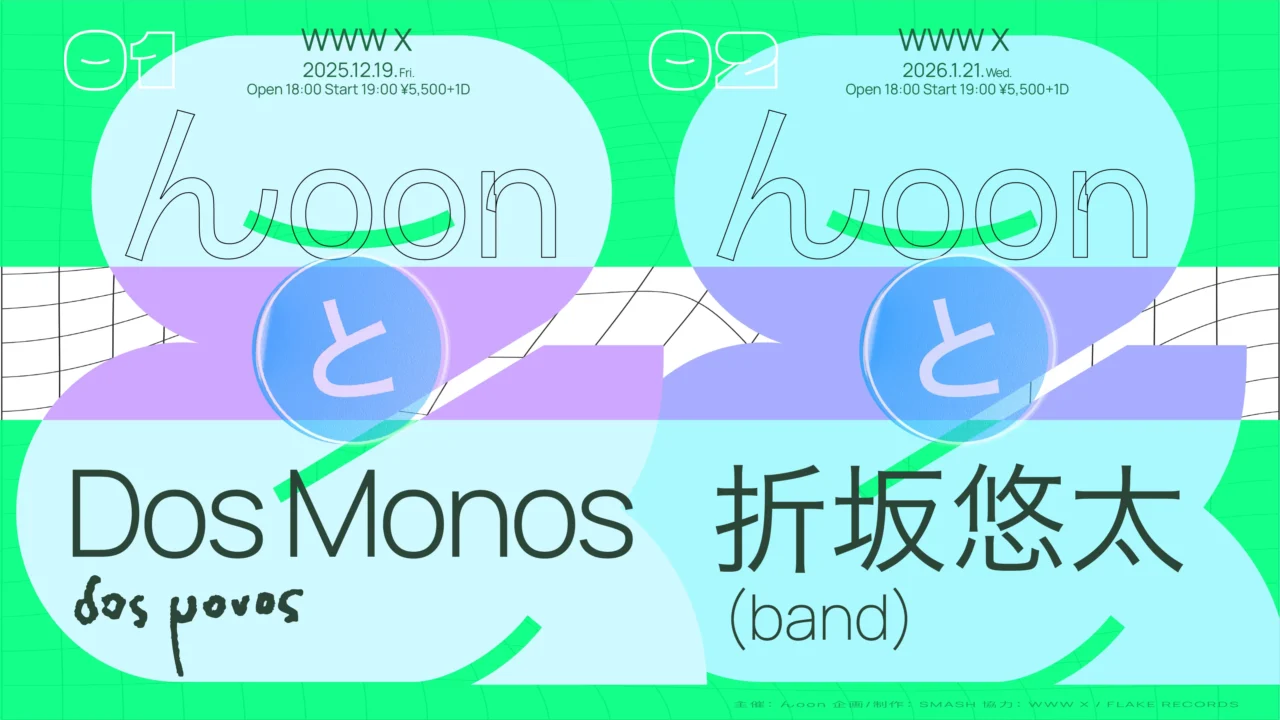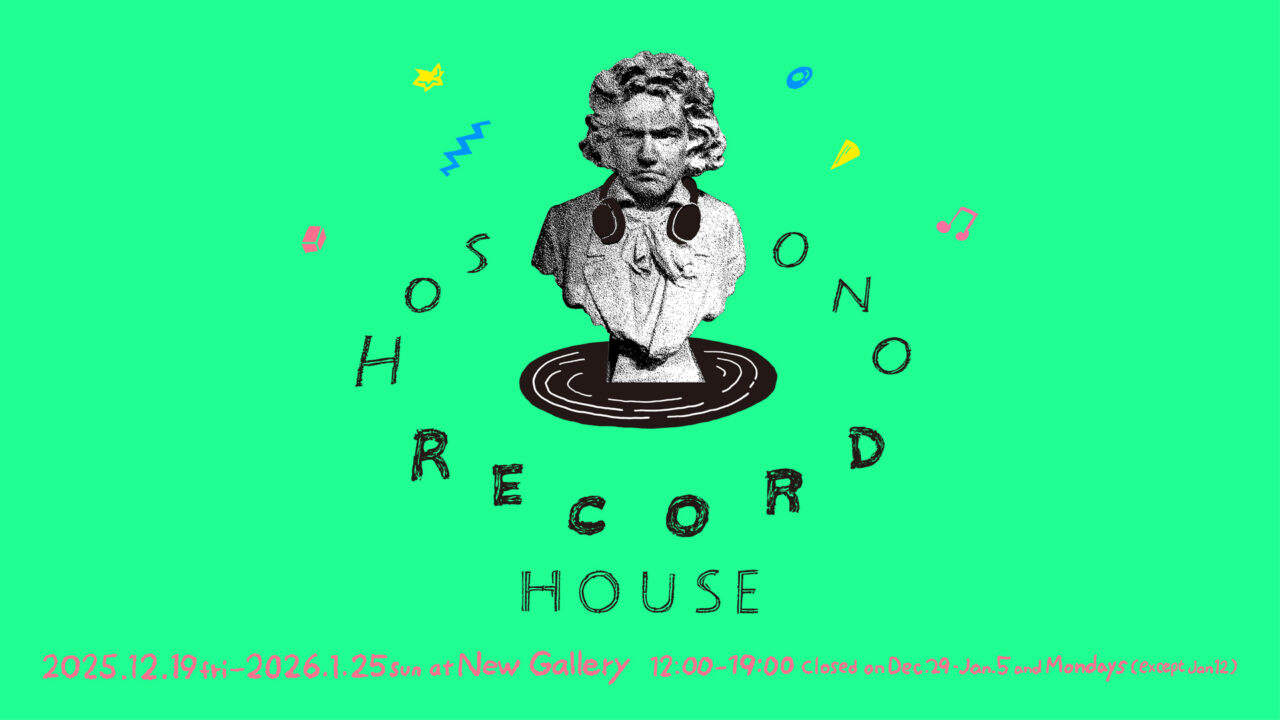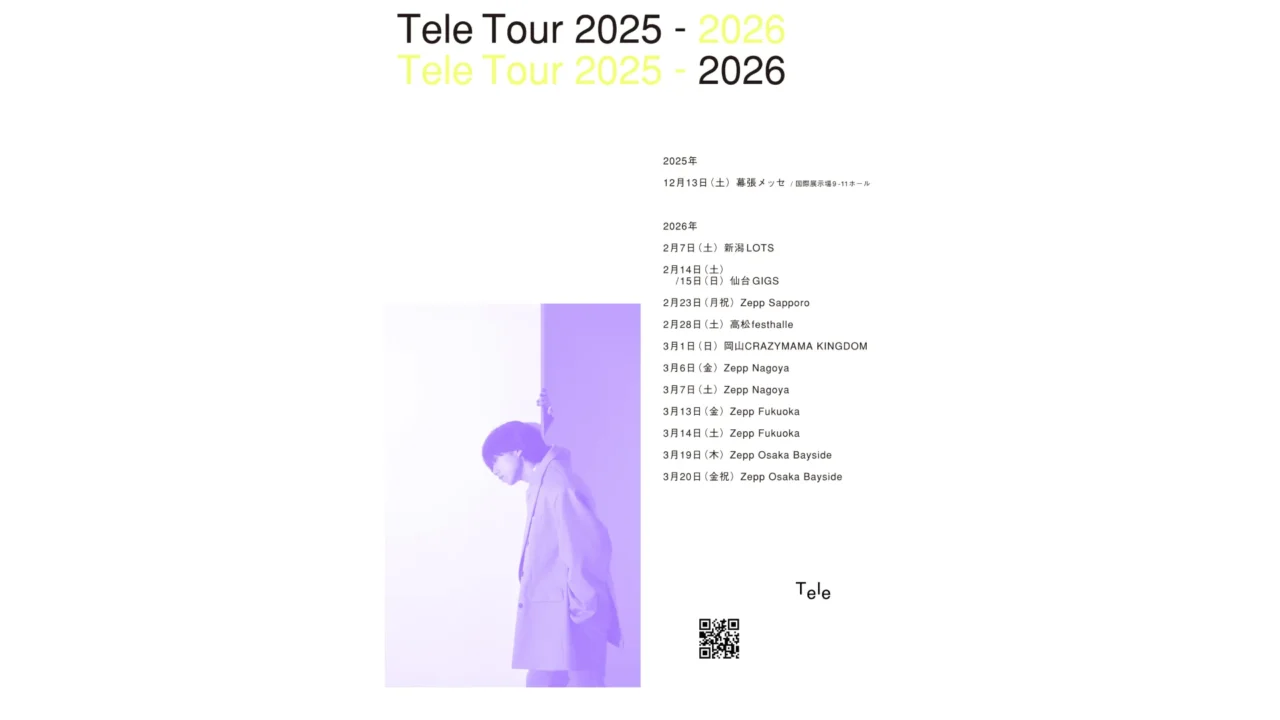Otake@James is a singer-songwriter who is active mainly in the live scene. While performing as a solo artist, he is also a member of the Issunsaki Yami Band, which was selected as this year’s RISING★STAR FINALIST. This time, we interviewed Otake@James, who just released “Yokare” on July 5 as a one-dimensional dark band, at Artrion in Nishiogikubo, which is closely associated with her.
She seemed somewhat awkward to be asked about herself and to talk about herself in retrospect, laughing with her eyes downcast, “I don’t really do anything for my own satisfaction alone. Her words gave us a glimpse of the reason why she was so dedicated to her music career, which at one time included 25 gigs a month, and how her songs are born as if she were spilling fragments of her emotions in fleeting moments in her daily life.
INDEX
The kindness of the members and the advertising work that gave me a chance to get out of a difficult period.
-Today, you brought the notebook that you always use for music production, didn’t you?
Otake: I have a notebook on my iPhone, and I write down bits and pieces of what I might want to sing about. When I’m playing the guitar and I find a nice chord connection, I connect the lyrics together like a puzzle. Also, since the year before last, I have been taking notes on the set lists of all the live shows I’ve played. (Flipping through his notebook) I wonder if …… is OK. I hope I didn’t write anything negative (laughs).


(laughs) – Do you write diary-like things?
Otake: Yes, I do sometimes. Sometimes it’s just a little reminder that “I didn’t sound so good today,” or something like that.
-You also write notes about the arrangements of your songs.
Otake: Until “I don’t know” (November 2021), I never wanted to change my arrangements, and I clearly told the band members how I wanted them to sound. However, during “Loose” (July 2022), I couldn’t write any songs at all. I felt really bad about my inability to do anything, so I talked to the band members about it, and they said, “You were right to interject,” and started to give me ideas. That made me feel much better.
-Until then, you had been taking into account my desire to do my own arrangements, right?
Otake: I’m sure I had ideas and wanted to express my opinions before then, but everyone let me do it. But in the process of composing and arranging, I felt like I was doing the same thing every time. When I started to feel like I wasn’t getting anywhere, the members joined me. But I still don’t want to give up the songwriting (laughs).
-I read in an interview that “Loose” is a song about the attitude of a musician who works as a professional musician. Do you have a strong desire to make music your profession?

Formed in 2019 with Ohtake @ Jemuzu, who is a singer-songwriter. The band has a highly free sound that is not bound by any genre, but has a unique sound with a worldview of lyrics that never wavers and the voice of Otake@Jemuzu that emotionally appeals to the audience. ( Official site)
Otake: I admire you very much. In March of this year, I was asked to compose music for the first time for a project called “Ginza Poetography,” and I thought, “Here it comes! I thought, “Here it comes. I was asked to write a song to answer a poem that would be posted in the streets of Ginza.
-How did you feel about working on music for an advertisement for the first time?
Otake: It was a lot of fun. I was told, “We want a song with an open atmosphere,” and I decided to be true to that request, and the song was almost immediately accepted. The person who gave me this request said, “That’s a great song, I’ll be humming it long after I deliver it!” I think he was posing it that way (laughs). (Laughs) If the client liked it that way, I felt confident that I had written the song. After that project, I became more positive about my own music.
-Until then, did you not have confidence in your own music?
Otake: Of course, there was a minimum. For example, when I hear my own music at a moment in time, such as background music at a live concert, I think, “Oh, that’s a good song” (laughs). (Laughs.) But I also had a little bit of doubt that I was being egotistical. My experience with Ginza Poetography made me realize that I could trust what I have.

INDEX
Maybe my “well-meaning” is also disliked by some people.
I would like to ask you about “Yoshi Yoshi,” which was released on July 5. In the release comment, you mentioned that you wrote this song based on an experience in which something you did for the best of your intentions went awry.
Otake: It’s always been like that. To put it well, I have a great spirit of service, but I sometimes get to the point where people think, “You don’t have to go that far. I get tired of thinking to myself, “Why am I doing this?
Otake: One time I was listening to the podcast of the Kano sisters (“The Fabulous World of the Kano Sisters”), and I heard the worries of those who have been given “well-meaning” gifts, such as “My boyfriend gave me something I didn’t really need and I had to act pleased. I thought that maybe my “well-meaning” was also disliked at times. When I wrote the lyrics while feeling bothered by this, the phrase “If you are satisfied with your good intentions, it’s okay to be vague if you forget anyway” was born.
I get the impression from your music that even when you have negative feelings, you don’t let them pull you down too much, but rather try to believe in the simple power of human nature that “it will all be okay someday.
Otake: “Loose” was originally titled “YDK,” which stands for “Yareda-dekiru-ko,” or “I can do it, I can do it,” and that’s what I keep telling myself. I can do it, I can do it. I feel that my lyrics always have a sense of telling myself something like that, or looking down on myself and making fun of myself a little.


-In your lyrics, I feel that there are often phrases that have a tugging effect that makes me feel a bit uneasy.
Otake: I want to put a punch line somewhere, and I feel like I prepare all kinds of punch lines, strong ones, weak ones, and combine them. I have a 3-year-old nephew, and I have always wanted to use lyrics that even a child around that age could hum. One day I read a collection of poems by Shuntaro Tanikawa, and I found that they were all written in simple, easy-to-understand language.
-I found the words to be simple and easy to understand.
Otake: Yes, and that made me realize that what I had done was the right thing. Then I had a little bit of faith that I wanted to refine my simplicity.








